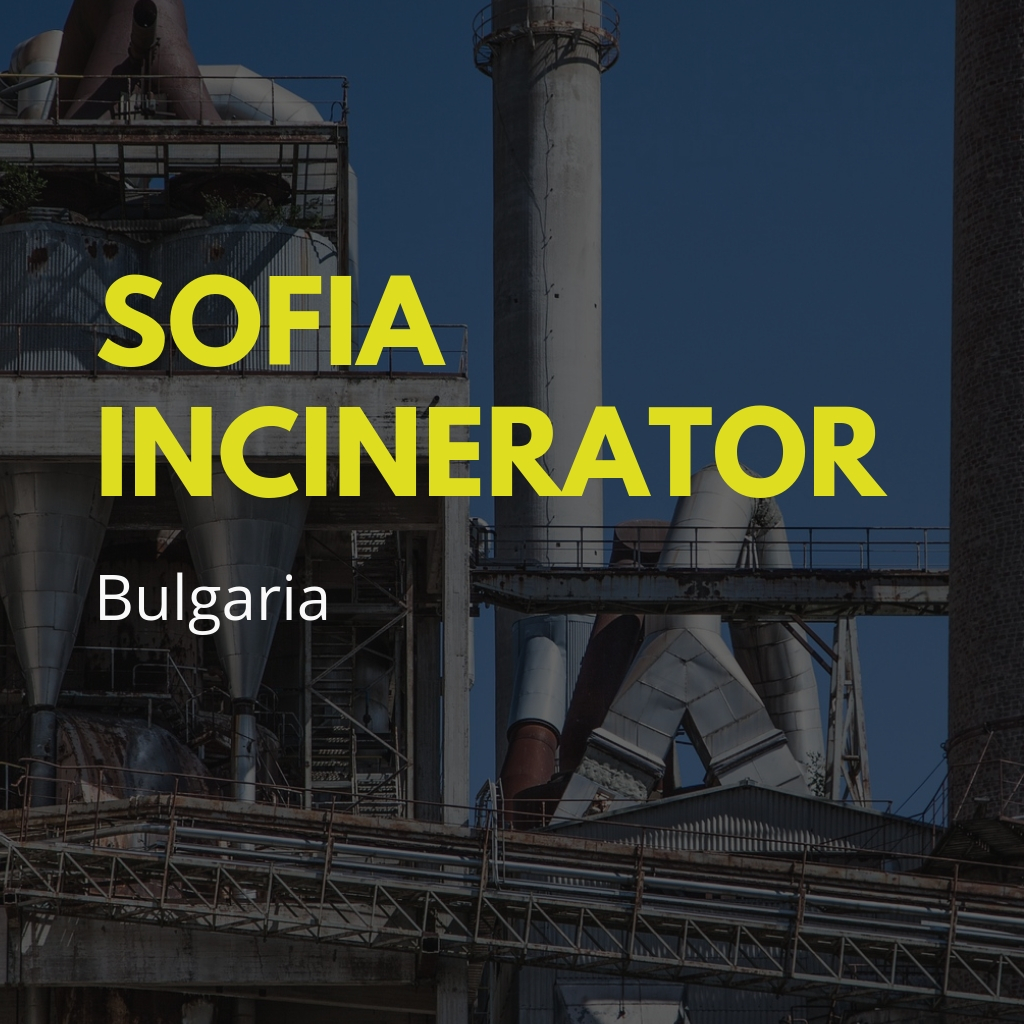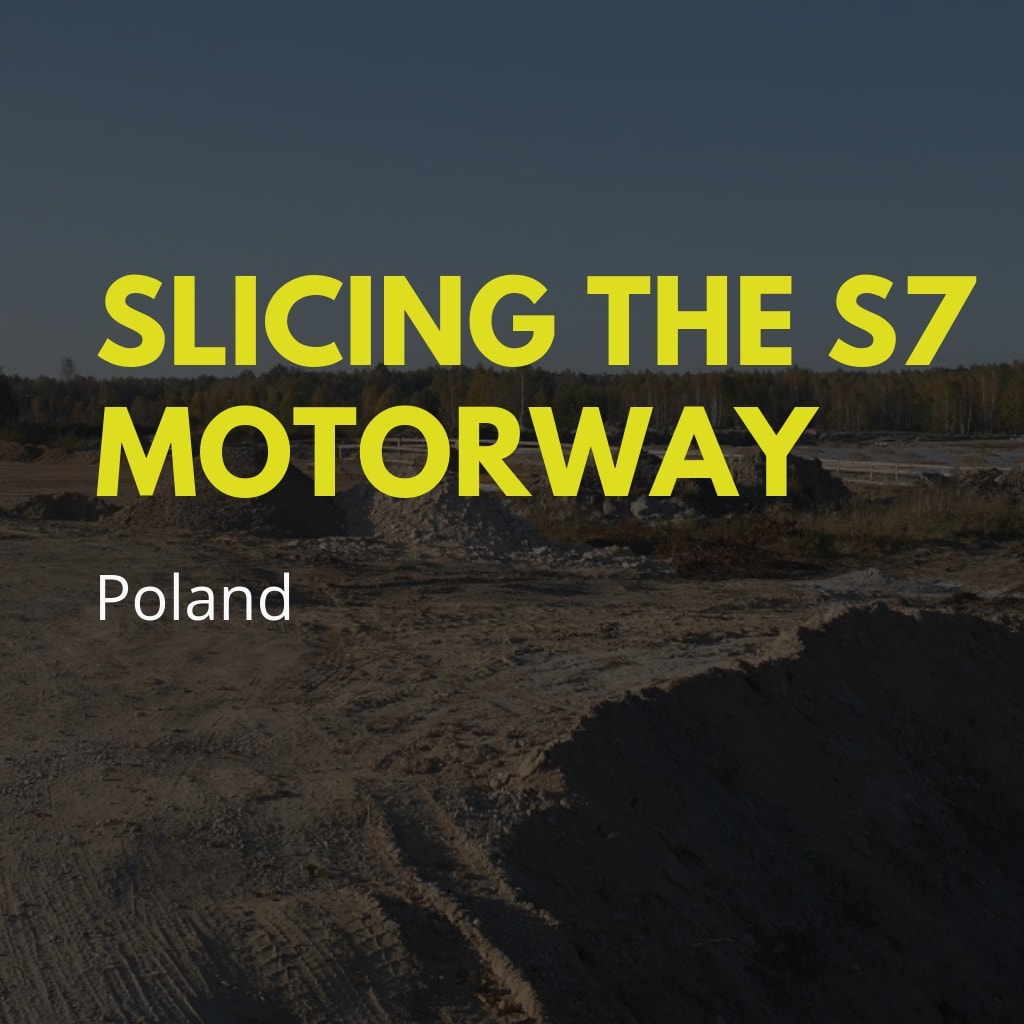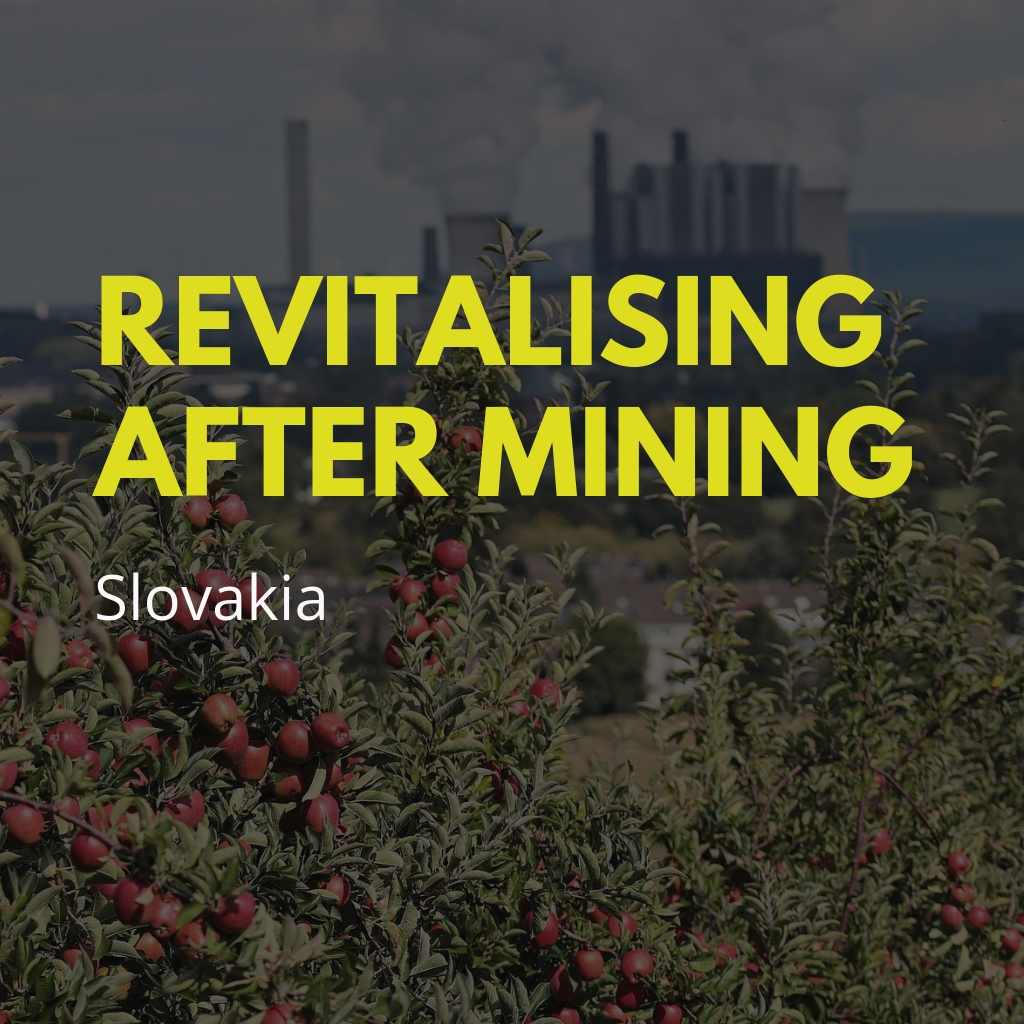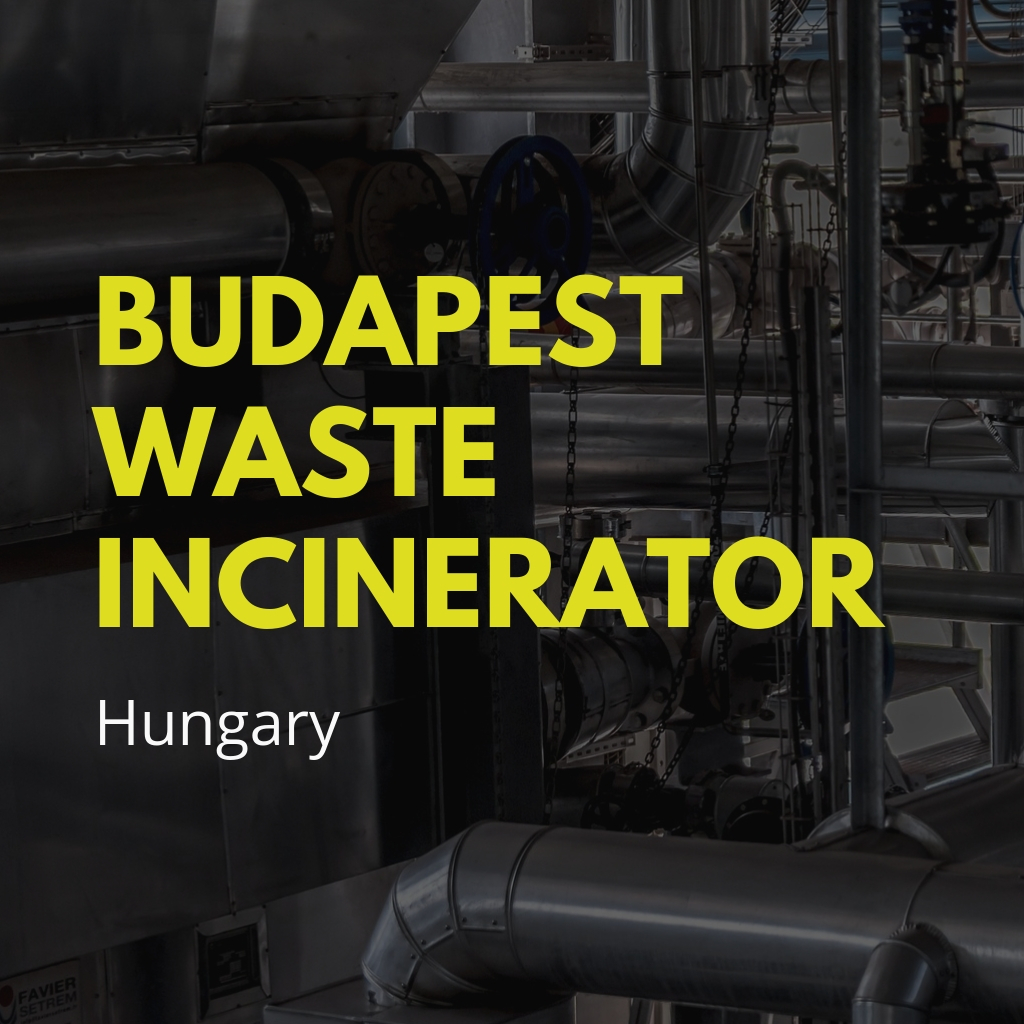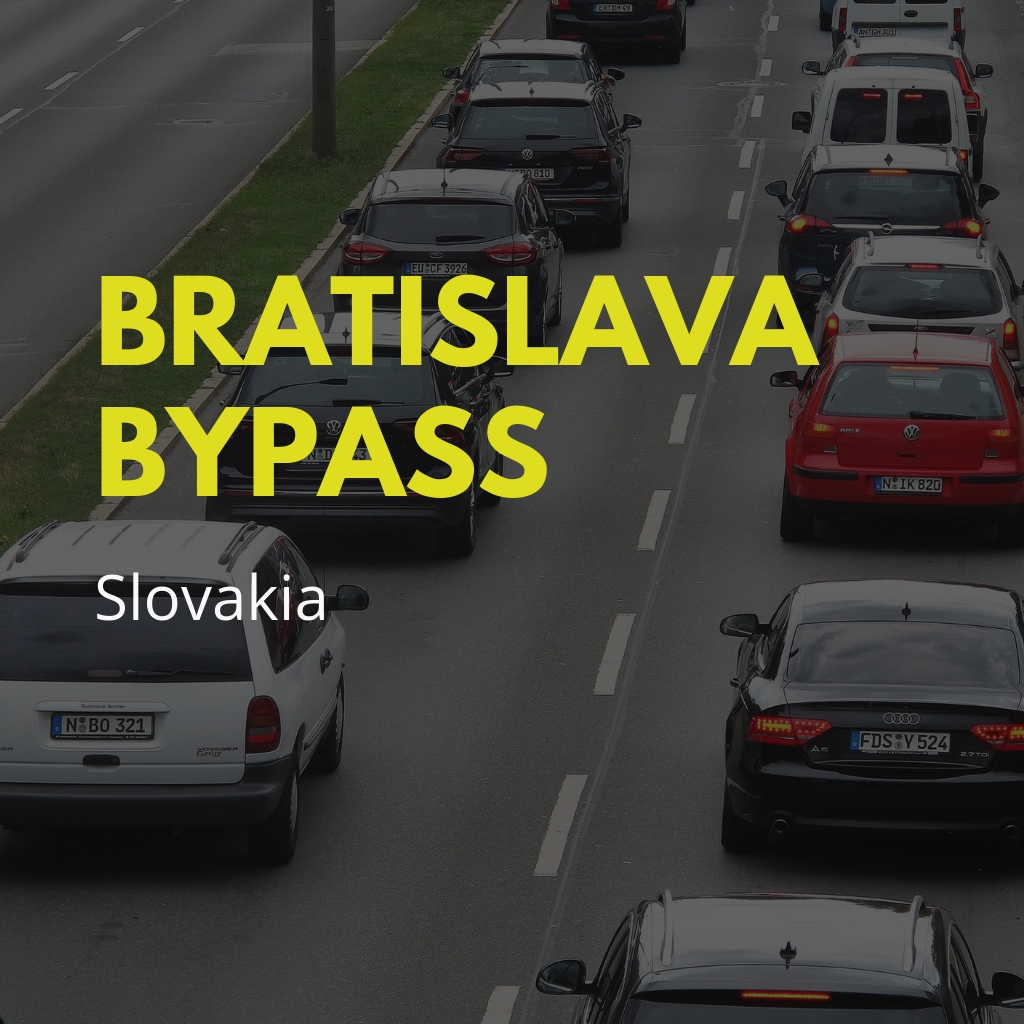Rail Baltica
Country: Estonia
Total project costs: EUR 5.8 billion
Total EU funding: EUR 4.9 billion from the Connecting Europe Facility
Railways can be a convenient and economical way to travel long distances, but as the European Court of Auditors has found, EUR 23.7 billion of EU investments are “not being spent wisely”.
The main problems that the report points to are the poor coordination between countries, a lack of governmental accountability, and overlooking solutions for upgrading existing conventional lines that could significantly bring down the costs.
The Rail Baltica project is an example how this can happen, even though the project is still at a stage where reasonable changes might be possible and the funds could be spent better.
The decision has been made to build a new high speed railway from Tallinn to Riga, in spite of the fact that an alternative railway connection already exists through Tartu, the second biggest city in Estonia.
The planned route passes through many Estonian swamps and bogs that act as natural carbon sinks: the effect of the railway dam on these ecosystems is poorly studied and the cost of building bridges and dams would be huge when compared to modernisation of the existing link.
A study of Rail Baltica’s socioeconomic benefits by Ernst and Young, a consultancy, was found to contain errors that increased the projected benefits and costs of the project by several billion euros because the study was based on unrealistic expectations about CO2 emission reductions from the transportation sector. These assumptions affected the overall transportation strategy in the region: the Estonian Ministry of Environment for example is expecting reductions of transport-related CO2 emissions in order to fulfill EU 2030 climate targets, chalking up the gains to the erroneous calculations in the Ernst and Young study.
In addition, a lack of transparency and the inclusion of citizens in decision-making has resulted in strong opposition in Estonia to the project. Over four hundred prominent figures have signed an open letter demanding the end of project in its current form.


